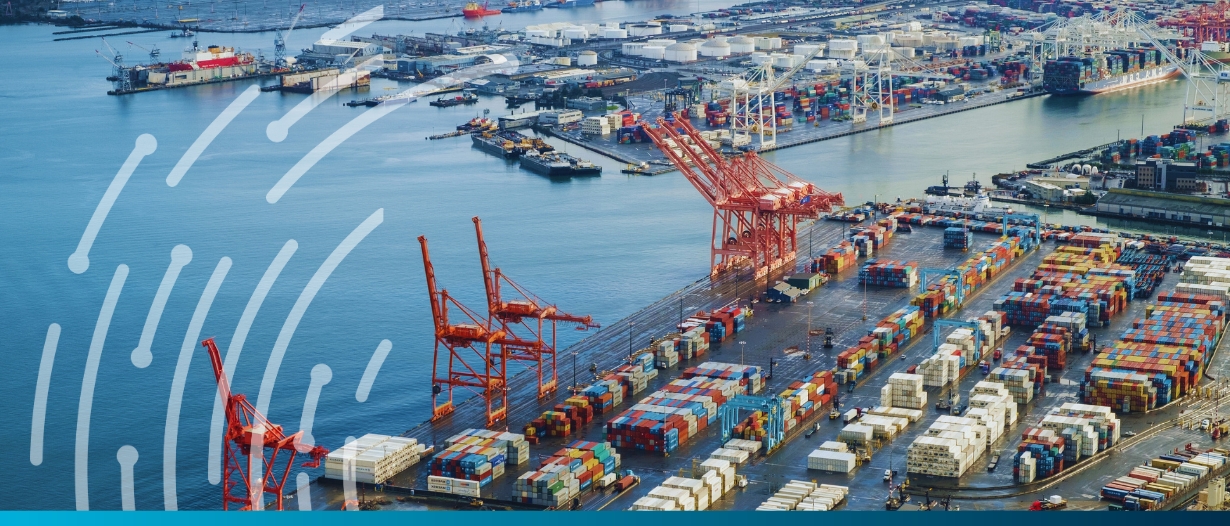Estimated reading time: 2 minutes
British International Investment (BII), the UK’s development finance institution and impact investor, has committed up to $35 million towards the development of the Democratic Republic of the Congo’s (DRC) first deepwater container port.
The Port of Banana is set to be developed in phases with gradually increasing capacity and will be a cornerstone of DRC’s trade infrastructure. Connected to a network including a free zone and multimodal logistics infrastructure, it will economically benefit the 54 million people living along the 578km Banana-Matadi-Kinshasa trade corridor.
Chris Chijiutomi, Managing Director and Head of Africa for BII, said, “The Port of Banana will play a major role in supporting the economic aspirations of millions living in the DRC. This investment forms part of BII’s ongoing commitment to investing in key sectors in Africa, with further projects under development in the region.”
The collaboration aims to unlock the DRC’s international trading potential and enhance economic growth. Key aspects of the project include:
- Job creation: Expected to generate approximately 85,000 new jobs.
- Trade boost: Projected to facilitate an additional $1.12 billion in trade annually.
- Economic impact: Anticipated to increase economic output by $429 million per year, equivalent to a 0.65% increase in the DRC’s GDP.
- Trade cost reduction: Expected to cut trade costs in the DRC by 12%.
The Port of Banana project is an extension of the existing partnership between BII and DP World, which began with port modernisation and expansion projects in Senegal, Egypt, and Somaliland in 2021.
Mohammed Akoojee, CEO of sub-Saharan Africa for DP World, said, “This project is a significant step towards enhancing the DRC’s trade infrastructure, unlocking economic potential, and creating jobs. By reducing trade costs and improving access to global markets, we aim to support the DRC’s growth and prosperity.”
As the sole maritime gateway for containerised goods, the port will ensure the DRC’s logistical independence and trade sovereignty. As such, essential imported goods will become more affordable and accessible to millions. It’s also expected to significantly boost economic welfare for rural households, increasing the number of new jobs in agriculture by about one-third.
This partnership between BII and DP World represents a strategic step towards improving Africa’s trade infrastructure and supporting economic development in the DRC and the broader region.





























